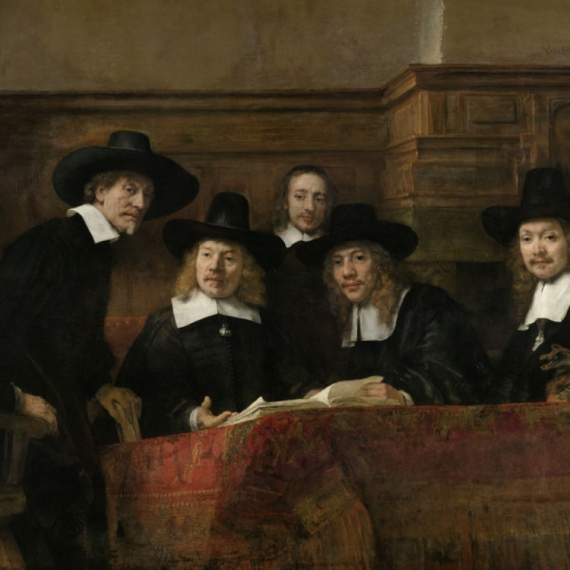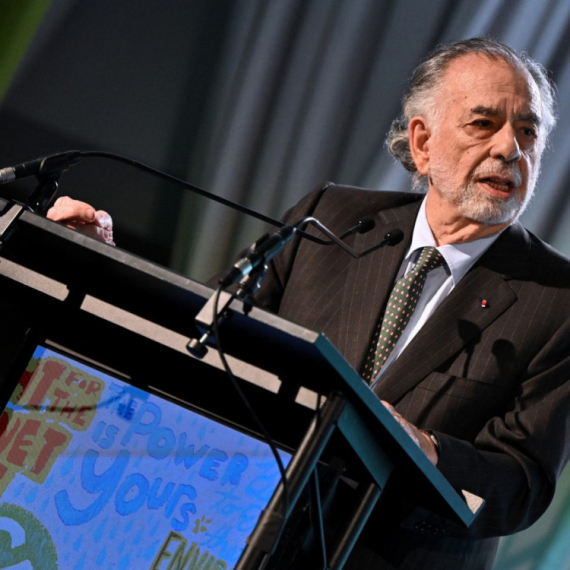"Dayton impeding reforms," says B-Croat leader
Bosnian Presidency member Željko Komšić says that the Dayton Accords are impeding reforms and that constitutional change is inevitable.
Friday, 03.07.2009.
12:25

Bosnian Presidency member Zeljko Komsic says that the Dayton Accords are impeding reforms and that constitutional change is inevitable. In an interview with the Austrian APA agency, Komsic, a Bosnian Croat, said that the complex Dayton structure was hampering the necessary reforms. "Dayton impeding reforms," says B-Croat leader He hopes that next year’s elections will change political relations in the country. The Dayton Accords are not a satisfactory way of addressing ethnic issues in Bosnia-Herzegovina, says Komsic, who assumes the chairmanship of the Presidency on July 6. He said that all three constituent peoples were frustrated by the constitutional situation. “The Bosniaks wanted more justice because of the high number of victims they suffered during the war; the Croats didn’t receive institutional mechanisms; while the Serbs feel they are constantly under attack for everything they have,“ he explained. As an example, he cited the reaction to tackling swine flu. “Instead of establishing a national plan of measures against this flu, in Bosnia, people are arguing over what jurisdiction the two entities have,“ Komsic said. “Our institutions are crippled by the Dayton Accords,“ he underlined, stressing that the current Constitution represented an ever greater barrier to Euro-Atlantic integration, as the necessary reforms had been torpedoed due to a lack of consensus at various state levels. The presidency member said that the existing proposal for a new division into four units, which is being discussed by the country’s leading parties, had little hope of success, as, although the negotiators had agreed a model, differing opinions existed in their heads as to the proposed solutions.
"Dayton impeding reforms," says B-Croat leader
He hopes that next year’s elections will change political relations in the country.The Dayton Accords are not a satisfactory way of addressing ethnic issues in Bosnia-Herzegovina, says Komšić, who assumes the chairmanship of the Presidency on July 6.
He said that all three constituent peoples were frustrated by the constitutional situation.
“The Bosniaks wanted more justice because of the high number of victims they suffered during the war; the Croats didn’t receive institutional mechanisms; while the Serbs feel they are constantly under attack for everything they have,“ he explained.
As an example, he cited the reaction to tackling swine flu.
“Instead of establishing a national plan of measures against this flu, in Bosnia, people are arguing over what jurisdiction the two entities have,“ Komšić said.
“Our institutions are crippled by the Dayton Accords,“ he underlined, stressing that the current Constitution represented an ever greater barrier to Euro-Atlantic integration, as the necessary reforms had been torpedoed due to a lack of consensus at various state levels.
The presidency member said that the existing proposal for a new division into four units, which is being discussed by the country’s leading parties, had little hope of success, as, although the negotiators had agreed a model, differing opinions existed in their heads as to the proposed solutions.






















































Komentari 4
Pogledaj komentare